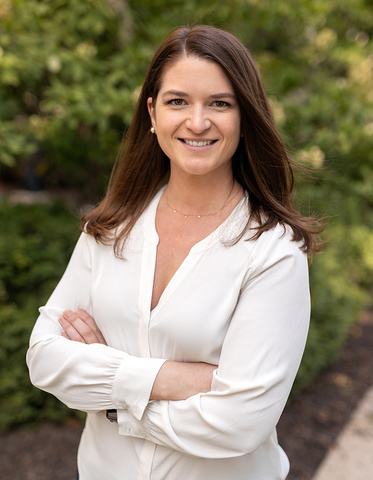
Each year, graduate teaching fellows design and facilitate a workshop as part of their work with the Center for Teaching. In this Q&A, we feature Jamie Kaminski, a PhD candidate in the Department of Psychological and Brain Sciences.
Her sparkshop, Teaching Strategies to Mitigate Student Burnout, will be held Feb. 21 from noon to 12:25 p.m. on Zoom.
What knowledge or skill do you hope participants gain?
From this workshop, participants will gain skills to alleviate burnout in the classroom and learn how to better support students. Participants will be able to identify signs of burnout in students, address them effectively, and integrate practical strategies to prevent burnout throughout their courses. My goal is for attendees to feel empowered and well-informed, enabling them to incorporate burnout awareness into their classroom with easy-to-implement strategies in course management and student interactions.
Why did you select Teaching Strategies to Mitigate Student Burnout as the topic of your workshop?
As both a graduate student and an instructor, I am all too familiar with the experience of burnout. Witnessing and experiencing burnout within both roles in academia made me realize how widespread and how accepted it is. While it is unfortunately a common occurrence, it is not sustainable and therefore should not be normalized. Students and instructors deserve an environment that encourages education and growth while minimizing undue burden. With burnout being so prevalent following the pandemic, it is crucial for instructors to address this issue when possible, ideally by creating an optimal learning environment while also balancing students’ needs.
Is there anything else you'd like to add?
While there are many strategies instructors can employ to mitigate student burnout, fostering an open environment for communication is key. Fostering an environment in which students can express their needs related to the course facilitates the monitoring and reduction of excessive burden throughout the semester. Collaboration between instructors and students is vital in creating a conducive atmosphere that minimizes the risk of burnout.
Click here to learn more about the Graduate Teaching Fellows program.